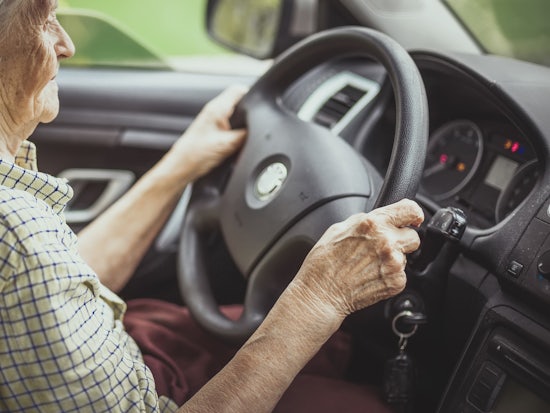Standards needed to keep people with dementia safe on the road
Researchers are calling for an overhaul of Australia’s system of managing if and when people with dementia should give up driving, following a study by the University of Queensland.

Dementia can affect people’s ability to drive in many ways. (Source: Shutterstock)
The study found that a lack of suitable screening and assessment measures remained an issue for general practitioners, who perform assessments on cognitive functioning and monitor driving issues with their patients with dementia.
Dr Theresa Scott of the University of Queensland School of Psychology says the research, which features data collected from five focus groups with 29 GPs across metro and regional Queensland, revealed a number of complexities in the existing system.
“In Australia, as with most other countries, GPs are often the first medical professionals approached to identify changes in the functioning of their patients that would potentially impact on driving safety,” Dr Scott says.
“GPs tell us that advising patients about driving cessation is one of the most challenging aspects of clinical dementia care and the process can alter long-standing relationships with their patients.
“A standardised approach is needed to allow doctors to medically assess whether their patients are fit to drive.”
According to Dementia Australia, dementia can affect driving ability in a number of ways, including:
-
Finding your way around
-
Remembering which way to turn
-
Judging the distance from other cars and objects
-
Judging the speed of other cars
-
Reaction time
-
Hand-eye coordination
All drivers are required by law to tell their local licensing authority of any medical condition that might affect their ability to drive safely. Once notified, the licensing authority will ask that the driver’s doctor makes an initial assessment of the driver’s medical fitness.
Dr Scott says other health professionals also required programs to identify and assess driving capability, and says GPs are often under time restraints during consultations.
“With limited information and prior training about how to evaluate fitness-to-drive in primary care, it is a poorly resourced area of clinical dementia care,” she says.
“(GPs) fear the negative effects on the doctor-patient relationship if they are the sole decision-maker in removing someone’s mobility.
A system that gives the relevant licensing authority principal responsibility for determining a patient’s fitness to drive, while the GP assists in the referral and screening process would help preserve GP-patient relationships and should be investigated, Dr Scott says.
“Similarly, community education and awareness about the impact of dementia on driving was identified as especially important for the person with dementia and their family members, to ensure acceptance of the decision to eventually cease driving.”
The study is published in International Psychogeriatrics.























